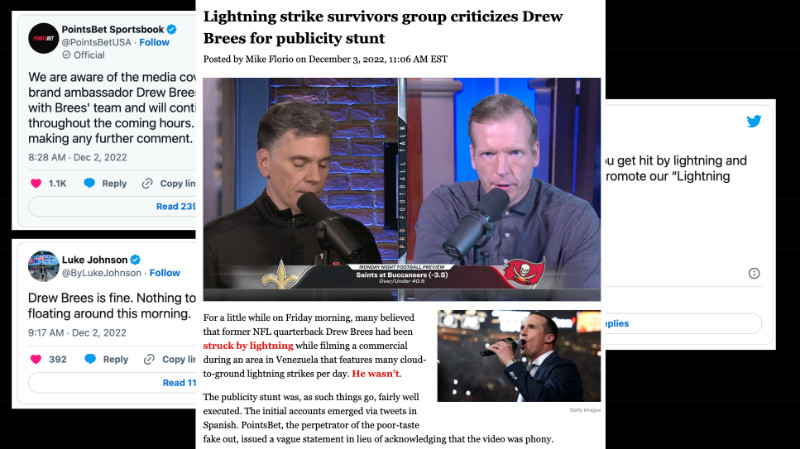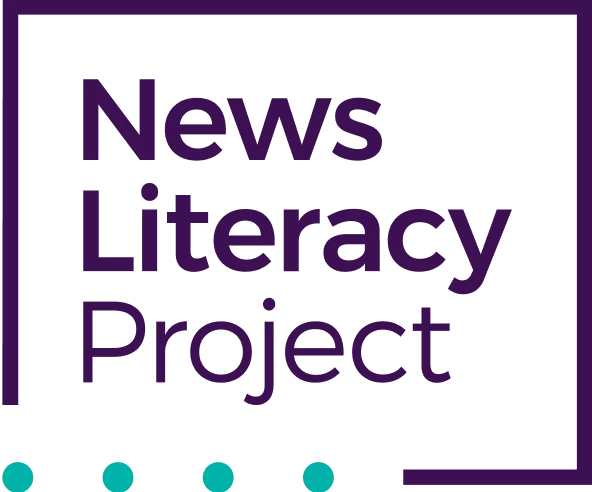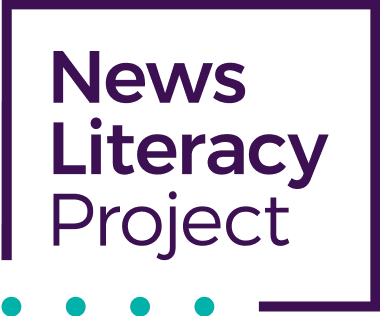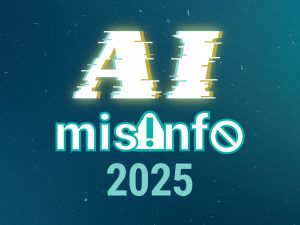Understanding ancient history using modern news literacy skills
 Middle school teacher Chris Bily’s media literacy course is designed to give students the skills to become more news-literate, but it actually does much more. It bridges millennia and enhances his seventh-grade ancient history classes.
Middle school teacher Chris Bily’s media literacy course is designed to give students the skills to become more news-literate, but it actually does much more. It bridges millennia and enhances his seventh-grade ancient history classes.
“It’s the obvious connection between critical thinking and historical thinking skills,” said Bily, a social studies teacher at Whitnall Middle School in Milwaukee County, Wisconsin.
The media literacy course he created, offered as part of the school’s six-week sessions of “mini-courses,” reaches nearly 180 students, or about 90% of the seventh grade. He sees students apply what they learn to the research they undertake in his social studies classes: “How do I know where this information is coming from? How do I know what the bias is? Who is the person providing the information?”
For his media literacy curriculum, Bily uses lessons and accompanying challenges and exercises from NLP’s Checkology® e-learning platform, as well as other resources. They include The Daily Juice newsletter for students, from the education platform The Juice, a partner of NLP.
Current media examples matter
An educator with a dozen years of experience, Bily has been teaching media literacy education for several years and has used Checkology since its launch in 2016. His students like the interactive nature of the lessons, such as “Practicing Quality Journalism,” which lets students play the role of a reporter in a simulation of a breaking news scene.

Bily also appreciates the ability to customize Checkology using the independent learner version of the lessons rather than the teacher-led option. “I’ve got all sorts of readers, all sorts of student needs. it’s more conducive to diverse learners.”
And the timeliness of lesson examples, taken from real news events, grabs his students’ interest more than a textbook might. “It’s the difference between trying to sell kids on people from 2,000 years ago who are dead than something they’re seeing now on YouTube,” he said.
Social media platforms’ use of algorithms — machine learning that surfaces specific content based on a person’s online habits — is a topic that also engages his students. On a recent school day, the topic came up in his social studies class. He told his students he typed the word “Jaguars” into a search engine, and based on his online habits, the results included the NFL team the Jacksonville Jaguars, rather than the luxury car or the big cat.
“Kids relate to that. They were talking about how what you look up changes what you’ll see in your results,” Bily said.
Making the First Amendment relevant
Similarly, he can pique students’ interest in the First Amendment, which is essential to becoming more news-literate, when he makes it relevant to their daily lives. “That’s a tough sell unless you make it about them: Can you say this in school? Can you wear that in school?”
And the 2022 Annenberg Public Policy Center survey, in which 25% of respondents could not name one of the five freedoms protected under the First Amendment, offered a chance for his students to flaunt their knowledge. “They think it’s awesome when they know more than the adults do,” he said.
Recognizing the value of Bily’s course, his district’s Teachers Leading Teachers team has asked him to put together a professional learning segment about Checkology for his colleagues. He’ll likely share that at the start of his media literacy course, he administers Checkology’s pre-assessments, which give him — and his students — insight into their familiarity with the topics. “I want them to know what they don’t know. Sometimes they get frustrated and say, ‘I don’t know what this is.’”
But by the end of the course, they know.






